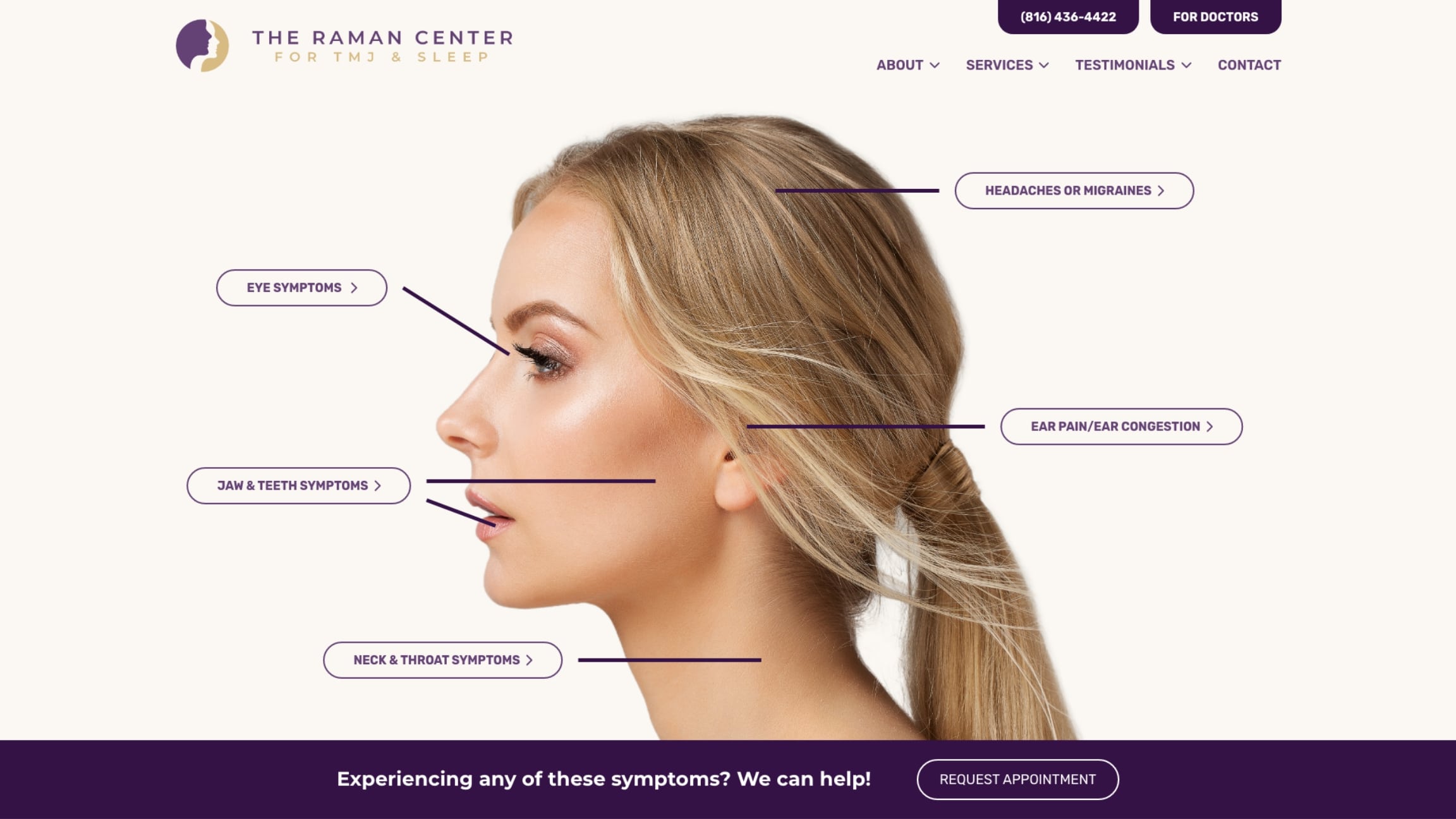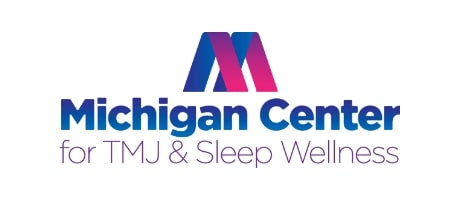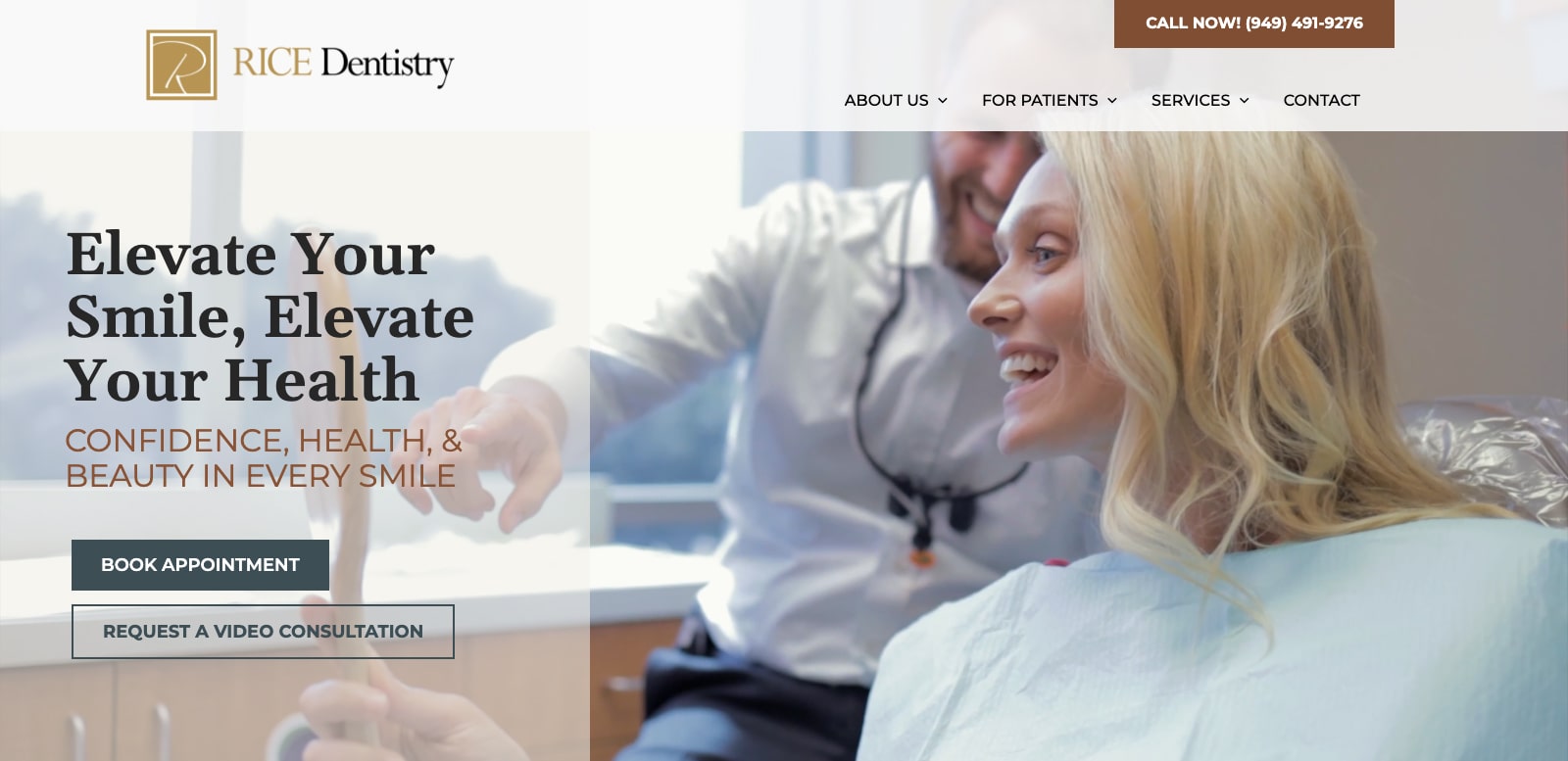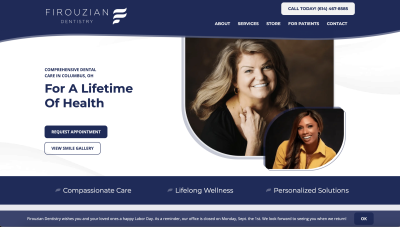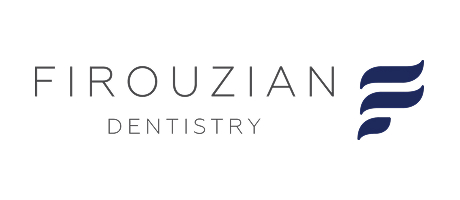Choosing the right dental marketing agency can make all the difference in how effectively your practice attracts new patients online. A trusted agency understands that search visibility isn’t just about clicks—it’s about connecting with real people searching for care. Among the most powerful tools in your digital marketing arsenal is dental SEO, which helps your website rise in organic search rankings and reach local patients actively looking for your services.
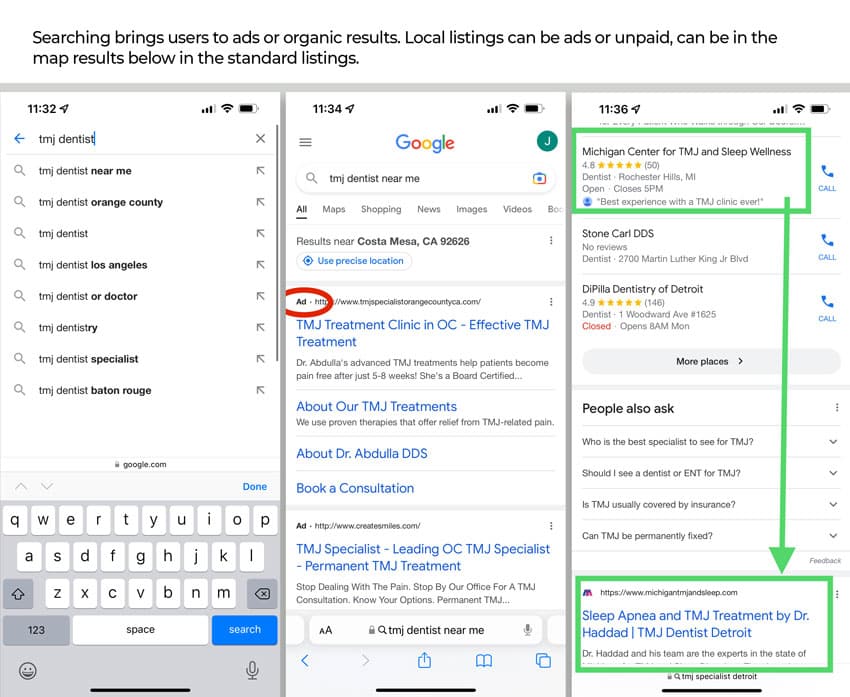
Dental SEO used to focus solely on increasing organic visibility for the dentist’s website, but current dental SEO strategies now expand to promoting the online profiles and map listings of the dentists and the dental practice as well as the website. The argument could be made that the best dental SEO strategy will include social media management, online reputation management, and many other strategies. That’s why Pro Impressions Marketing only offers dental SEO as part of its Pro Membership.
To launch these marketing tactics, you must first identify the type of patient that you want to attract. Then identify the keywords those patients might type into Google to find a dentist like you who provides the services that the patient wants. As we share on our website, having this kind of goal must be your first step or everything you do in SEO and PPC will likely fail to attract new patients.
 I write this in the back of the room of dentists learning about different bite impression techniques and occlusal orthotics. The dentist is comparing centric relation and neuromuscular occlusion. In the low lights and glow of the projector screen, questions abound as the doctors ponder how to handle different problems and situations that arise as they treat their patients. The instructor, Dr. Michael Myasaki, points out that dentists treat humans and that there are few, if any, physiologic absolutes. The pondering expressions on the dentists’ faces are familiar.
I write this in the back of the room of dentists learning about different bite impression techniques and occlusal orthotics. The dentist is comparing centric relation and neuromuscular occlusion. In the low lights and glow of the projector screen, questions abound as the doctors ponder how to handle different problems and situations that arise as they treat their patients. The instructor, Dr. Michael Myasaki, points out that dentists treat humans and that there are few, if any, physiologic absolutes. The pondering expressions on the dentists’ faces are familiar.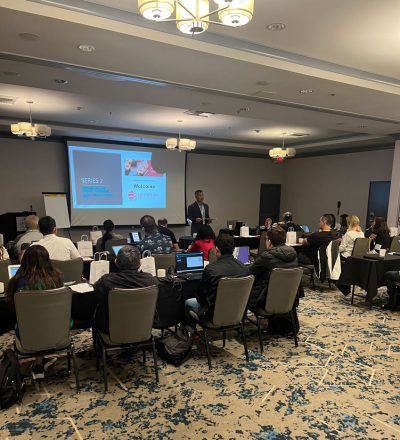 They are the same expressions I see when the doctors ask me about dental SEO and how it compares to pay-per-click advertising. They want to know, “What is the difference between SEO and pay-per-click?” and “Should I invest in PPC or search engine optimization?”
They are the same expressions I see when the doctors ask me about dental SEO and how it compares to pay-per-click advertising. They want to know, “What is the difference between SEO and pay-per-click?” and “Should I invest in PPC or search engine optimization?”




